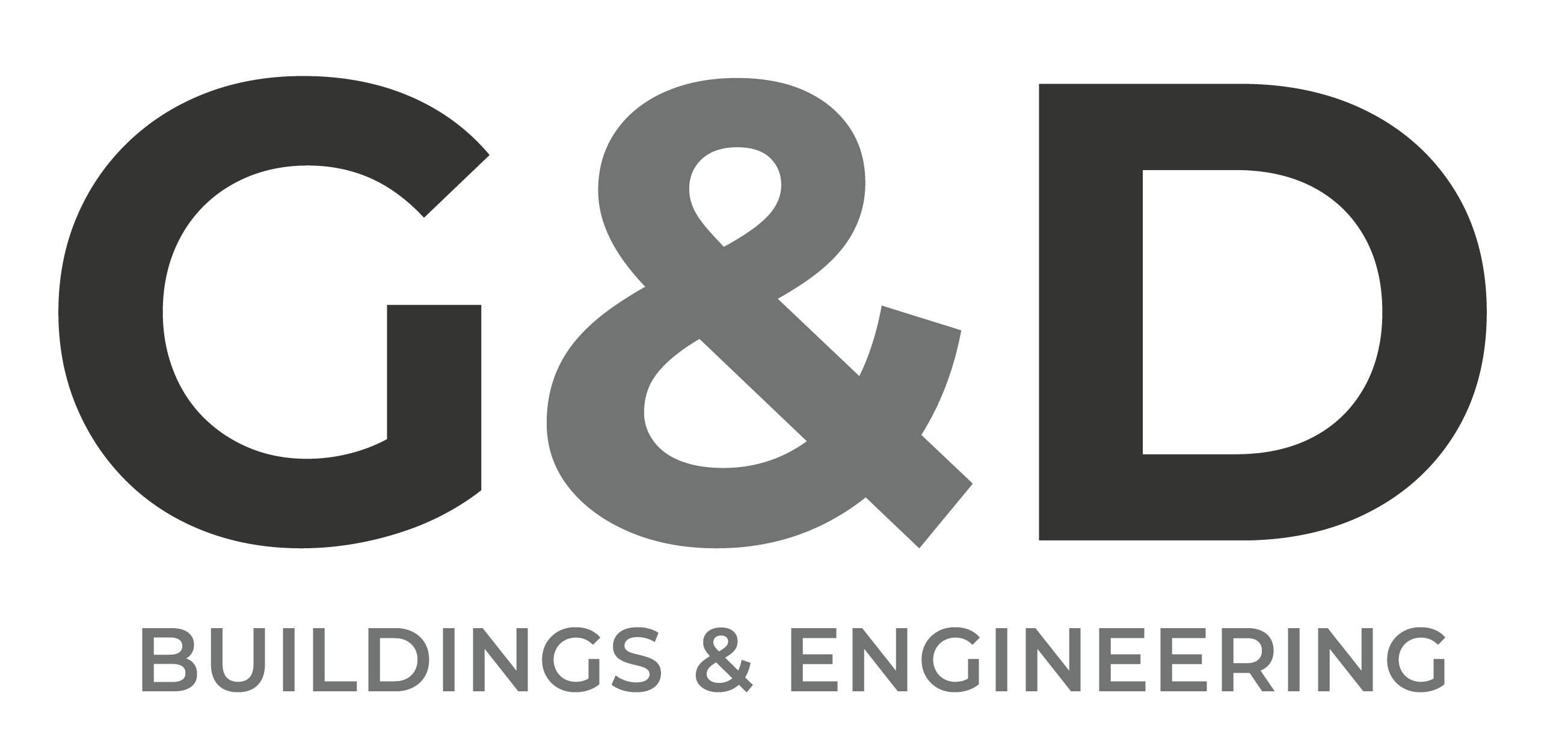Constitutional Law is the body of law that interprets, defines, and implements the principles set out in a country’s constitution. It establishes the structure, powers, and functions of government institutions and protects the fundamental rights and freedoms of individuals. Here’s an overview of the key aspects of constitutional law:
1. Purpose of Constitutional Law:
- Establish Government Structure: Constitutional law defines the organization of government, including the separation of powers among the executive, legislative, and judicial branches.
- Limit Government Powers: It sets limits on the powers of government to prevent abuse and protect individual freedoms.
- Protect Fundamental Rights: It guarantees basic rights and liberties, such as freedom of speech, religion, and due process, safeguarding citizens from government overreach.
- Maintain Rule of Law: Constitutional law ensures that all actions by government entities are conducted within the framework of the law, maintaining order and justice.
2. Key Components of Constitutional Law:
- Constitution: The written document that outlines the fundamental principles and structure of a government. It serves as the supreme law of the land.
- Amendments: Changes or additions to the constitution that reflect evolving societal values and needs. For example, the Bill of Rights in the U.S. Constitution consists of the first ten amendments protecting individual liberties.
- Judicial Review: The power of courts to interpret the constitution and invalidate laws or actions that violate constitutional principles.
- Separation of Powers: The division of government responsibilities into distinct branches to prevent any one branch from gaining too much power.
- Checks and Balances: Mechanisms that allow each branch of government to limit the powers of the others, ensuring accountability and preventing abuse of power.
3. Branches of Government:
- Executive Branch: Enforces laws and is headed by the President or Prime Minister. Constitutional law defines the powers and duties of the executive, including command of the military, foreign policy, and administration of government agencies.
- Legislative Branch: Makes laws and is composed of elected representatives, such as a parliament or congress. The constitution outlines the structure, powers, and procedures for lawmaking.
- Judicial Branch: Interprets laws and ensures they are consistent with the constitution. This branch includes courts and judges who have the authority to review and rule on constitutional issues.
4. Fundamental Rights and Liberties:
- Freedom of Speech and Expression: Protects the right to express opinions without government interference.
- Right to Privacy: Safeguards individuals from unwarranted government intrusion into personal matters.
- Due Process of Law: Guarantees fair treatment through the judicial system, including the right to a fair trial and protection from arbitrary detention.
- Equal Protection: Prohibits discrimination and ensures that all individuals are treated equally under the law.
- Freedom of Religion: Allows individuals to practice any religion or none at all without government interference.
5. Significant Concepts in Constitutional Law:
- Supremacy Clause: Establishes that the constitution is the highest law of the land, taking precedence over other laws.
- Federalism: The division of powers between national and state governments, allowing both to operate independently within their spheres of authority.
- Judicial Independence: The principle that the judiciary should be free from political influence to make impartial decisions based solely on the law.
6. Landmark Constitutional Cases:
- Brown v. Board of Education (1954): The U.S. Supreme Court ruled that racial segregation in public schools was unconstitutional, reinforcing the principle of equal protection.
- Marbury v. Madison (1803): Established the concept of judicial review, empowering courts to strike down laws that violate the constitution.
- Roe v. Wade (1973): Recognized a woman’s right to privacy in making decisions about abortion, a landmark decision on individual liberties.
7. Role of Constitutional Courts:
- Interpretation of the Constitution: Constitutional courts, like the U.S. Supreme Court or Germany’s Federal Constitutional Court, interpret constitutional provisions and ensure laws align with constitutional principles.
- Protection of Rights: Courts safeguard fundamental rights by hearing cases that challenge government actions or laws infringing on individual freedoms.
- Resolution of Government Disputes: Courts may also resolve disputes between different branches of government or between federal and state governments.
8. Amendment Processes:
- Constitutional amendments allow for changes to the constitution to address new challenges, societal changes, or to expand rights and freedoms.
- The process for amending a constitution varies but generally requires significant legislative and, in some cases, popular approval.
9. International Influence:
- Constitutional principles often influence other nations, with some countries adopting similar rights and governmental structures.
- International human rights law also intersects with constitutional law, as many constitutional rights align with globally recognized human rights standards.
10. Challenges in Constitutional Law:
- Balancing Rights and Security: Balancing individual rights with national security, especially in times of crisis, remains a complex challenge.
- Interpreting Evolving Social Norms: Courts must interpret constitutional principles in the context of changing social, cultural, and technological landscapes.
Constitutional law is fundamental to the functioning of democratic societies, ensuring that government actions are lawful, rights are protected, and power is balanced. If you have any specific questions or need more information on particular aspects of constitutional law, let me know!
